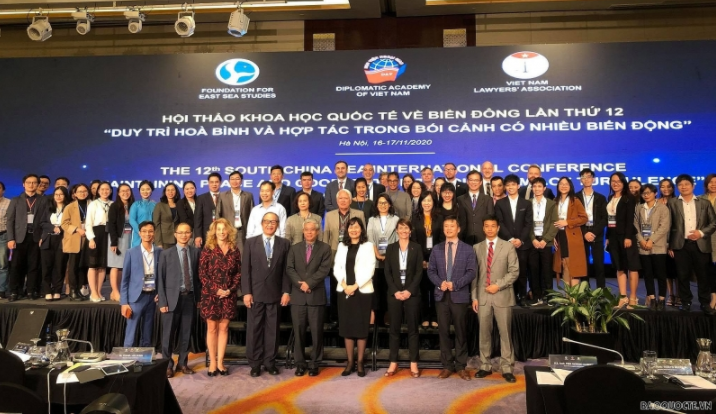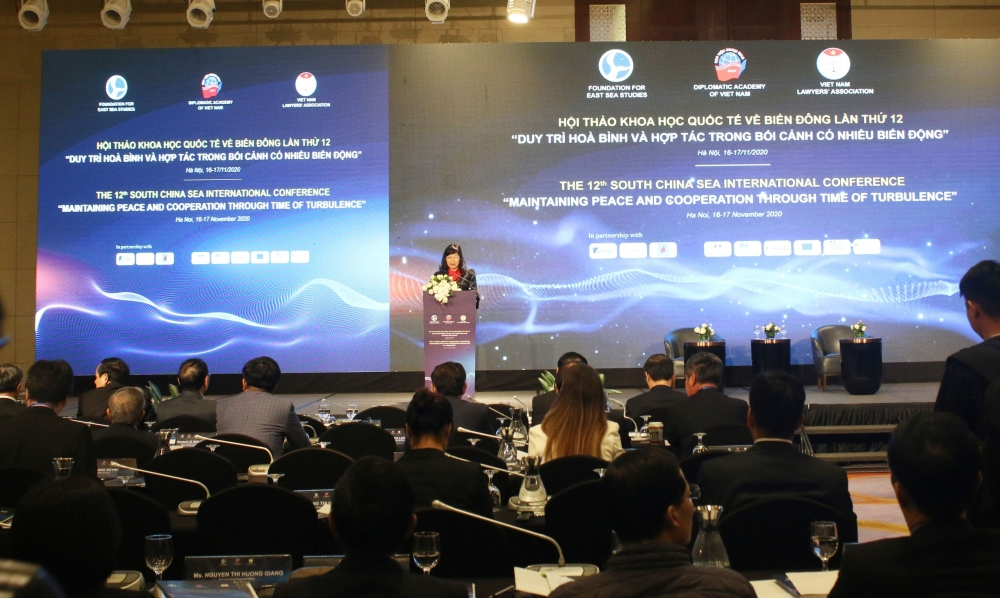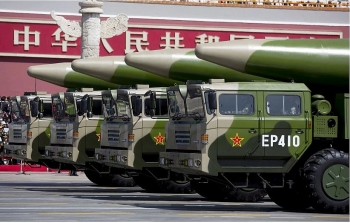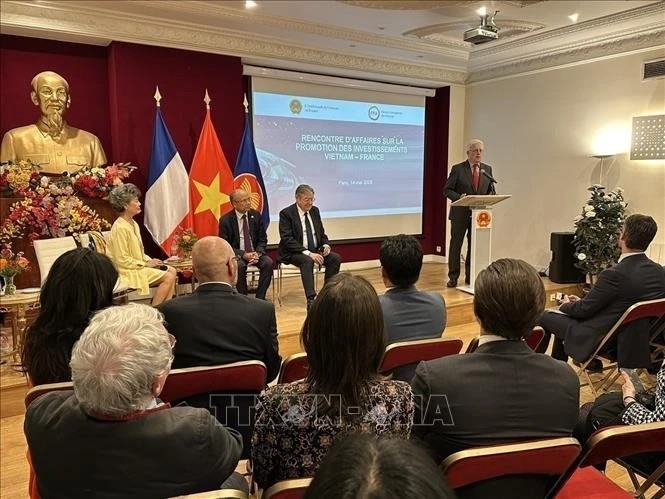China blames Australia for trade spat, citing grievances from Huawei to Taiwan
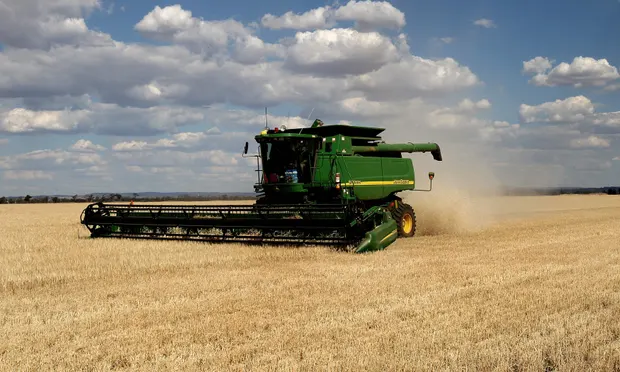 |
| China’s decision to impose 80 percent tariffs on barley from Australia coincided with a move to allow imports of the same product from the US. Photo: Greg Wood/AFP/Getty Images |
China has rejected Australia’s claim that the “ball is in its court” regarding resolution of their escalating trade dispute, providing a long list of alleged offences that have “greatly hurt the feelings of the Chinese people”.
At a press conference in Beijing on November 18, Chinese foreign ministry spokesman Zhao Lijian said China bears “no responsibility” for the collapse in bilateral ties, which has resulted in a series of Australian exports to China being hit with trade restrictions.
Zhao cited Australia’s criticism of China’s policies on Hong Kong, Xinjiang and Taiwan, as well as its calls for an “independent international review” of the origins of the coronavirus pandemic as causing the rift in relations, according to South China Morning Post.
He said lobbying for Taiwan to be admitted to the World Health Organization and banning Chinese companies from Australia’s 5G telecommunications network had also soured the relationship.
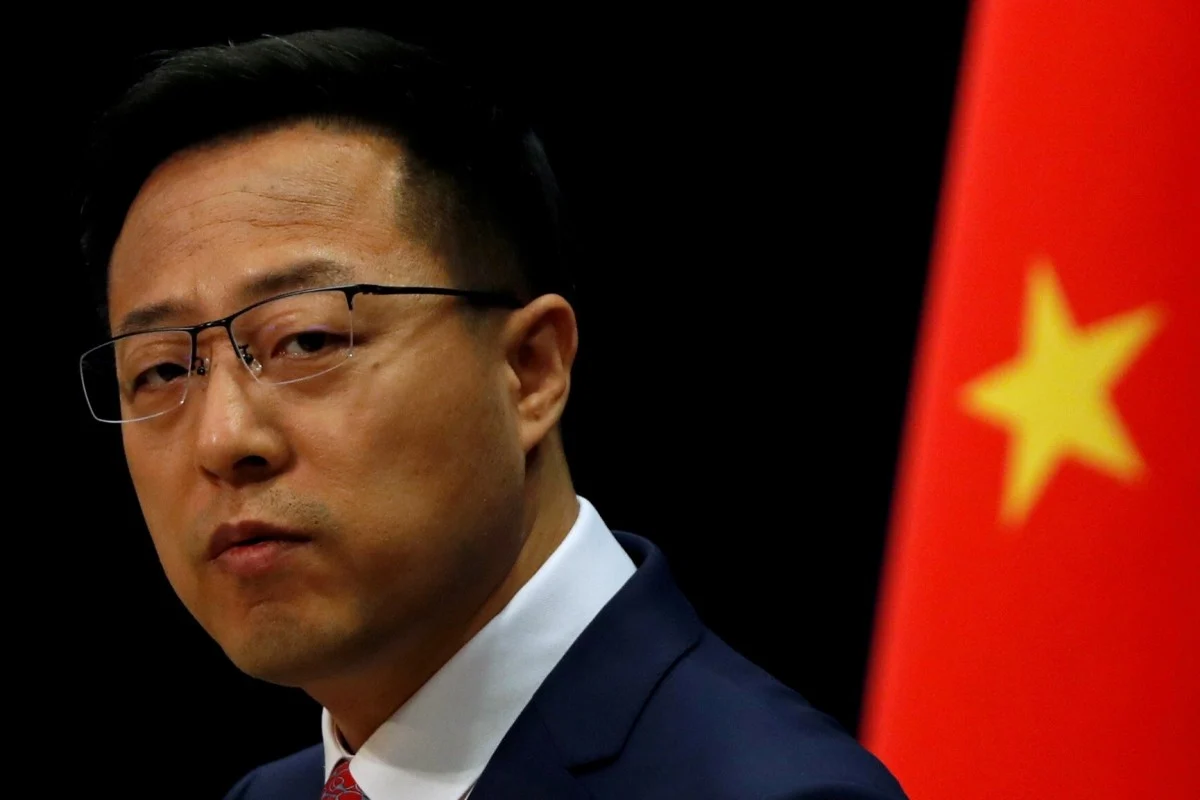 |
| Chinese Foreign Ministry spokesman Zhao Lijian says China bears ‘no responsibility’ for the collapse in ties with Australia. Photo: Reuters |
Australia’s “arbitrary searches” of Chinese media reporters and accusations of Chinese “intervention and infiltration” in domestic affairs had further politicised bilateral ties, Zhao added, accusing Canberra of “clinging to cold war mentality and ideological prejudice”.
Over the weekend, before the signing of the world’s biggest trade deal, which includes both Australia and China, Australian trade minister Simon Birmingham said “the ball is very much in China’s court to come to the table” for dialogue.
“It is crucial that partners like China, as they enter into new agreements like this, deliver not only on the detail of such agreements, but act true to the spirit of them,” Birmingham told The Age newspaper.
Zhao – known as the flag-bearer for a new breed of aggressive Chinese “wolf warrior” diplomats – rejected Birmingham’s claim, placing the blame entirely at Canberra’s door. “Australia should face up to the crux of the setback in the bilateral relations,” he said.
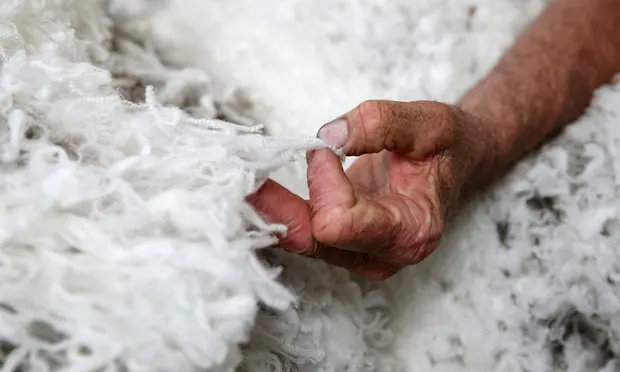 |
| Australian producers exported about $3.16bn in unprocessed wool to China in 2018-19, which represents a larger value and industry reliance on China than barley. Photo: Loren Elliott/Reuters |
“China has always adhered to the Five Principles of Peaceful Coexistence, including non-interference in its internal affairs, to develop relations with other countries,” said Zhao, referring to an element of Chinese foreign policy first pursued with India in the 1950s and subsequently adopted in a series of pacts and resolutions around the world.
The Australian Department for Foreign Affairs and Trade did not immediately respond to requests for comment.
The comments made on November 18 are Beijing’s latest tongue-lashing of Canberra. Last week, another foreign ministry spokesman, Wang Wenbin, said Australia’s “crude” rhetoric over China’s recent human rights record had “poisoned” the relationship.
The seven-month dispute has seen China place a series of duties and embargoes – many of them unofficial – on Australian goods ranging from barley, beef and cotton, to wine, coal and timber.
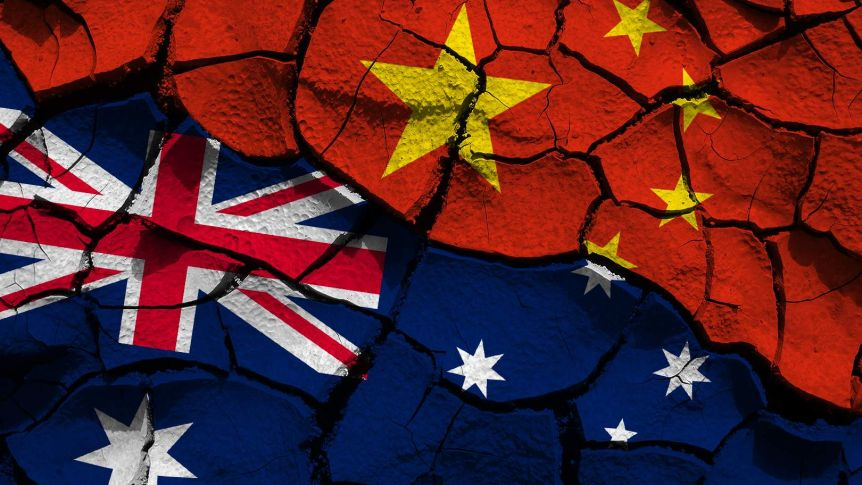 |
| Ties between Australia and China are fracturing over trade.(ABC News: GFX/Jarrod Fankhauser) |
Australia’s ties with top trade partner China soured in 2018 when it became the first country to publicly ban China’s Huawei [HWT.UL] from its 5G network, and worsened after Canberra called for an enquiry into the origins of the coronavirus, according to Reuters.
Tit-for-tat diplomatic reprisals have since followed, including raids on the homes of Chinese journalists in Australia, evacuation of some Australian journalists from China and a raft of trade measures imposed by China on Australian exports.
China is by far Australia’s top overall export market, worth $104 billion in 2019 according to the IMF, so a lasting severing of trade ties could damage the Australian economy.
Australian shipments of beef, barley and coal worth billions of dollars have been the most impacted by recent measures, and China has been able to find alternative supplies easily./.
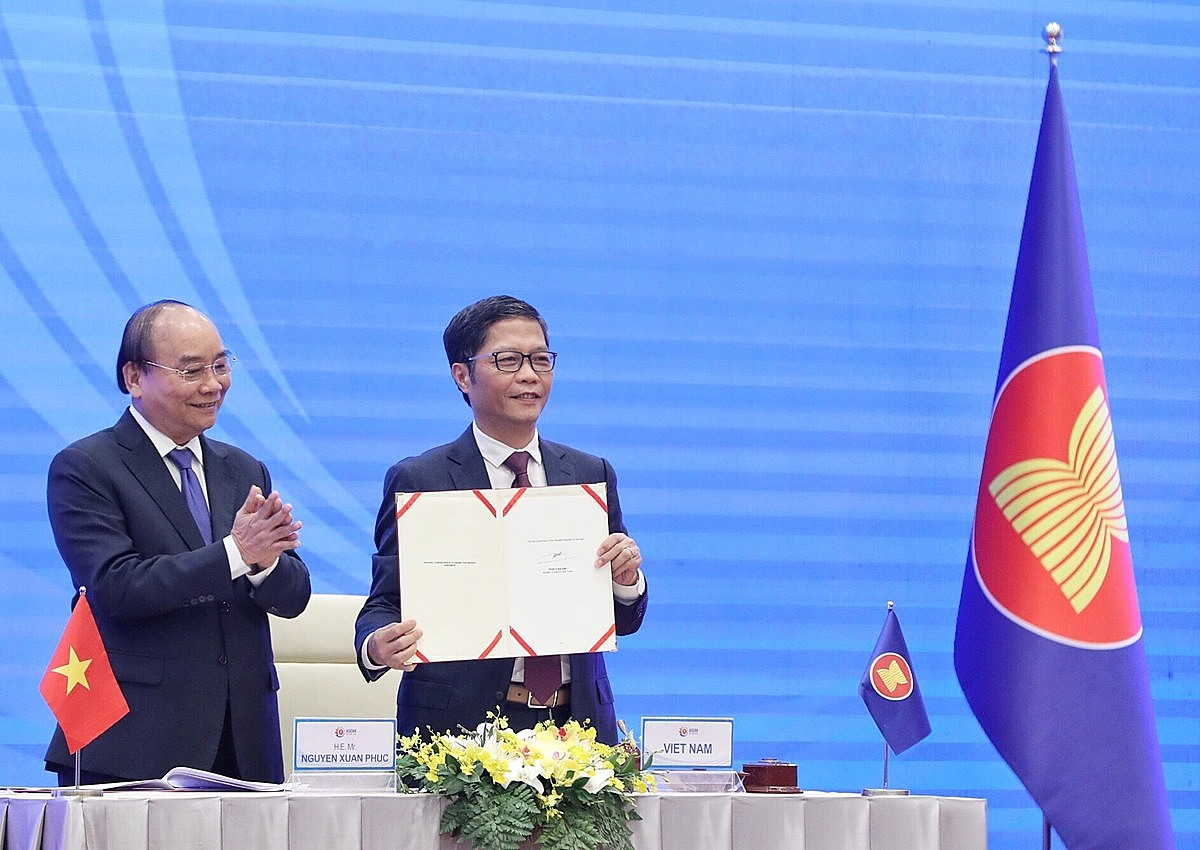 | RCEP Agreement: New opportunities, new challenges After eight years of negotiations, the Regional Comprehensive Economic Partnership (RCEP) Agreement have been signed by 10 ASEAN member countries and five partners – Japan, ... |
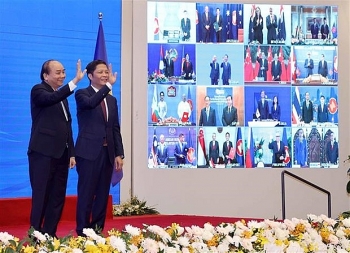 | World’s largest free trade agreement, covering 2.2 billion people signed by 15 countries The signing of the agreement will form the world’s largest free trade agreement, covering 2.2 billion people, or 30 percent of the world population, with ... |
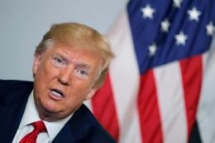 | China to be ready to negotiate with US over trade dispute The US President Donald Trump has said he expected for a trade deal with China because China sent its message to want to talk with ... |
Recommended
 World
World
Pakistan NCRC report explores emerging child rights issues
 World
World
"India has right to defend herself against terror," says German Foreign Minister, endorses Op Sindoor
 World
World
‘We stand with India’: Japan, UAE back New Delhi over its global outreach against terror
 World
World
'Action Was Entirely Justifiable': Former US NSA John Bolton Backs India's Right After Pahalgam Attack
Popular article
 World
World
Nifty, Sensex jumped more than 2% in opening as India-Pakistan tensions ease
 World
World
Easing of US-China Tariffs: Markets React Positively, Experts Remain Cautious
 World
World
India strikes back at terrorists with Operation Sindoor
 World
World

